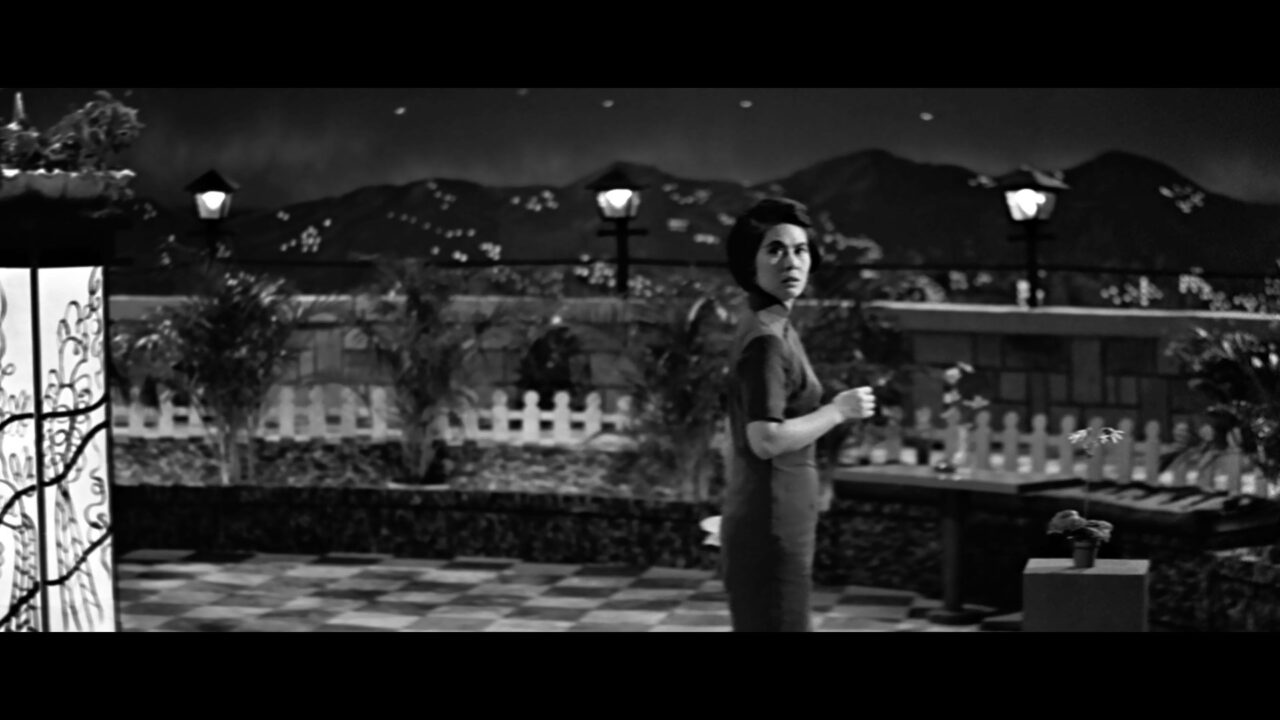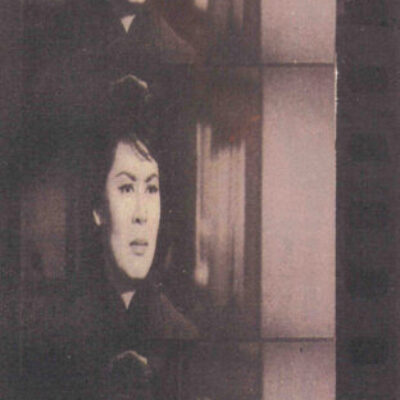*Post-screening talk in Cantonese

© Licensed by Celestial Pictures Limited. All rights reserved.
© Licensed by Celestial Pictures Limited. All rights reserved.
Dir: Doe Ching
Scr: Pan Liudai, Doe Ching
DP: Charles Tung
Cast: Lin Dai, Kwan Shan, Kao Pao Shu, Lo Chi
An orphaned young woman (Lin) arrives in Hong Kong and becomes a nightclub singer. She strikes up a romance with a rich boy (Kwan) whose father’s sudden demise left him heavily in debt. Determined to help her lover through his crisis, she agrees behind his back to accompany a rich man to a trip in exchange of money to help pay the debt, only leaving her lover thinking that he is betrayed. For her role as a woman of grit, Lin won the Best Actress award—her forth—at the 1962 Asian Film Festival. Four of the films produced in 1961 in the Shawscope process were directed by Doe, ranging from colour musical to black-and-white wenyi film. The lyric of this romance’s sorrowful theme song, which has become a classic, was penned by Doe himself.
CinemaScope
Introduced by Twentieth Century Fox in 1953, the CinemaScope was a major player among the surge of widescreen technologies in the 1950s. It is based on an invention of a new film process by Frenchman Henri Chrétien in the 1920s using an anamorphic lens on the filming camera to compress the image laterally and dilate the image when projected with corresponding attachments. With 35mm film in the same frame size the aspect ratio of the projected image is 2.55:1 (later reduced to 2.35:1 with the addition of an optical soundtrack), which is more than twice of that of the 1.37:1 Academy ratio.
As CinemaScope required simple alternations to existing theatres compared to Cinerama, it soon became the mainstream format with film studios around the world coming up with improved versions like Daiei Motion Pictures’ Daieiscope and Shawscope by the Shaw Brothers. While Hollywood later turned to the better Panavision anamorphic lenses, the term ‘scope’ remains synonymous with widescreen processes.

35mm film strip of Love Without End